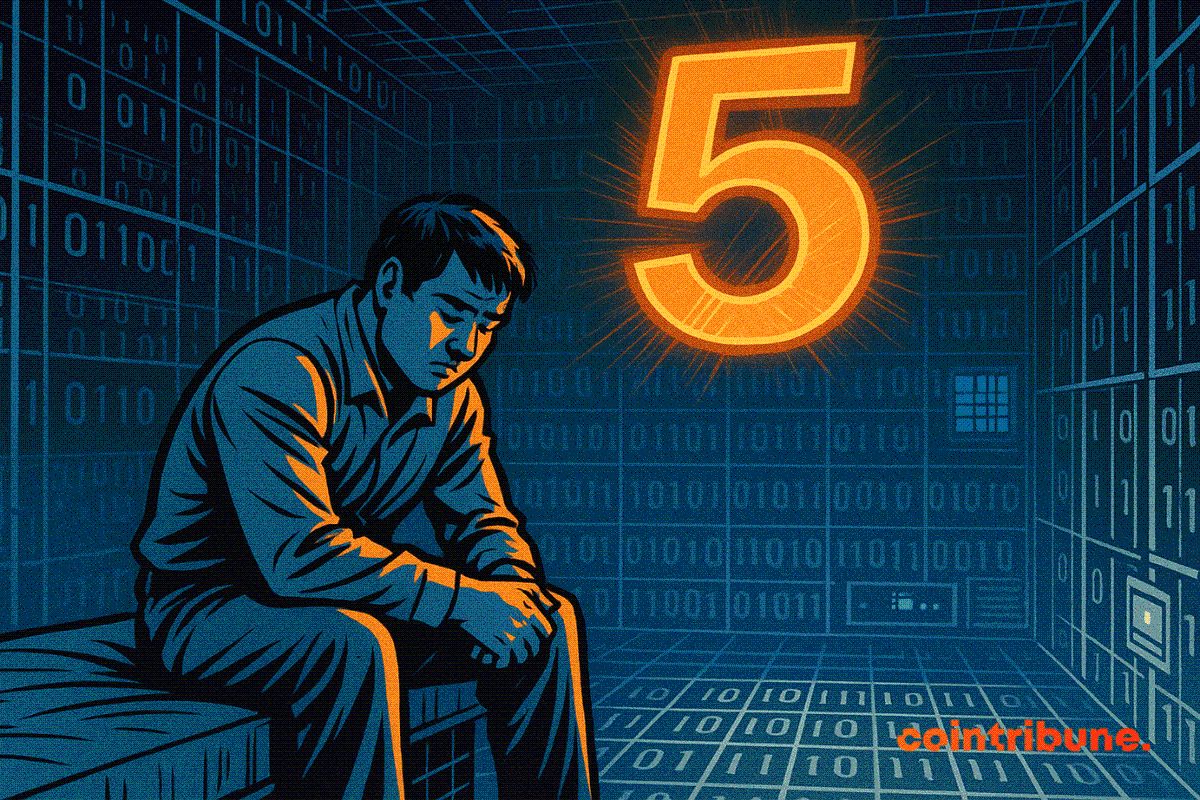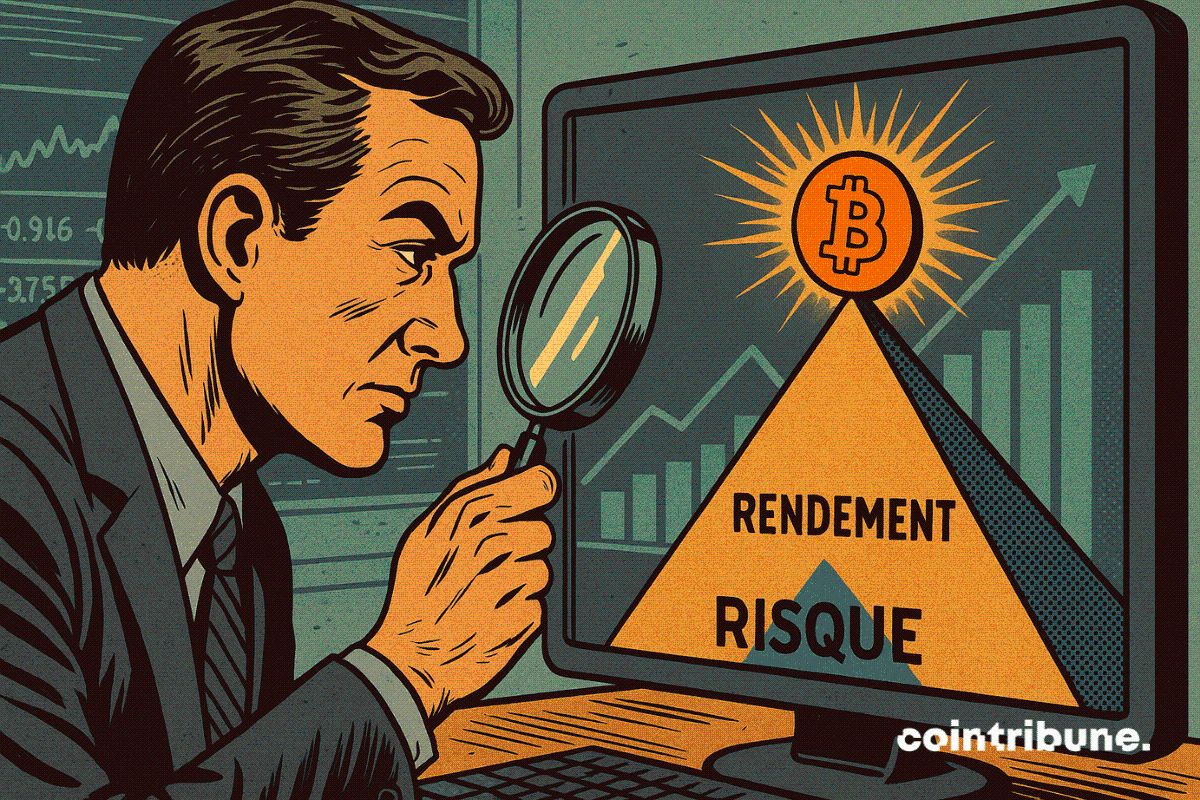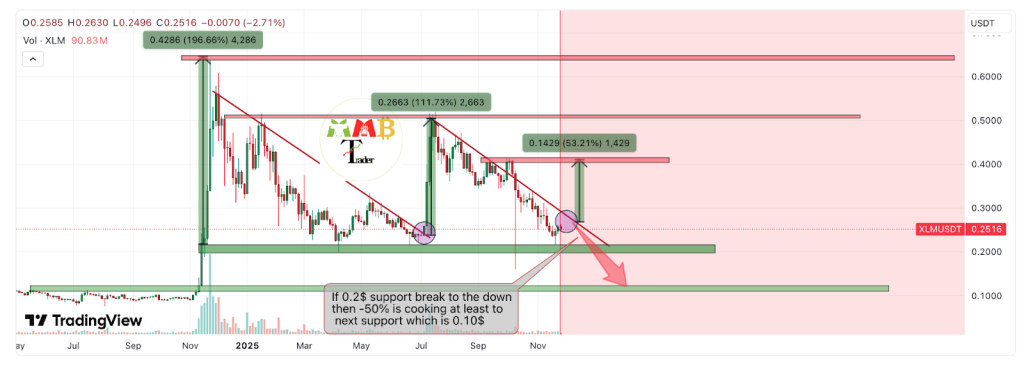Solana News Today: Solana Validators Gamble on Speed vs. Stability in High-Stakes Alpenglow Vote
- Solana validators propose Alpenglow to replace PoH/TowerBFT with Votor and Rotor components. - Votor aims to reduce transaction finality to 150ms, while "20+20" model ensures 40% fault tolerance for DeFi/gaming. - Governance requires 2/3 supermajority; 11.3% of validators currently support the proposal with minimal opposition. - Critics warn 1.6 SOL flat fee may hinder small validators, though proponents call it cost-effective. - Upgrade activation depends on client readiness, balancing technical progres
Solana's validator community is currently evaluating a transformative consensus upgrade known as Alpenglow, or SIMD-0326, with the potential to redefine the blockchain's performance and efficiency. The proposal, now in its validator voting stage, aims to replace the existing Proof-of-History and TowerBFT consensus mechanisms with a new architecture built around two components: Votor and Rotor. According to the proposal, Votor is expected to drastically reduce transaction finalization time from over 12 seconds to as low as 150 milliseconds, significantly enhancing user experience for applications requiring near-instant confirmations.
The Alpenglow proposal also introduces a resilience model designed to maintain network operations even if 20% of validators are adversarial and another 20% are offline. This "20+20" model aims to enhance the chain's fault tolerance and stability while supporting high-activity applications such as decentralized finance (DeFi) and gaming. Rotor, set for implementation in a later stage, is intended to optimize data transfer efficiency between validators, further improving network performance.
Governance mechanics for the Alpenglow upgrade are structured to ensure broad participation and a clear decision-making process. Validators can claim voting tokens proportional to their staking weight using a Merkle distributor tool and allocate them to "Yes," "No," or "Abstain" accounts. A two-thirds supermajority of votes cast (Yes + No) is required for the proposal to pass, with a quorum of 33% including abstentions. As of the first day of the voting window, approximately 11.5% of validators had participated, with around 11.3% voting in favor of the proposal and minimal "No" votes recorded.
The economic implications of the proposal have sparked debate among the community. The fixed "Validator Admission Ticket" (VAT) of 1.6 SOL per epoch, intended to replace per-slot on-chain vote fees, has raised concerns about potential barriers for smaller validators. Critics argue that the flat fee could increase the economic burden for smaller operators, potentially impacting decentralization. However, proponents of the proposal argue that the cost reflects approximately 80% of current on-chain voting expenses and is designed to maintain economic continuity while simplifying the fee structure.
The voting window, which began on August 27, 2025, is expected to conclude on September 2, 2025, with the outcome determining the next phase of Solana's development. If the supermajority is achieved, the Alpenglow upgrade will not be activated immediately. Instead, it will depend on the readiness of client software and the standard release process. This vote represents a pivotal moment for the Solana community, balancing the drive for technical advancement with the need to maintain economic inclusivity and network decentralization.

Disclaimer: The content of this article solely reflects the author's opinion and does not represent the platform in any capacity. This article is not intended to serve as a reference for making investment decisions.
You may also like
Do Kwon Wants Lighter Sentence After Admitting Guilt

Bitwise Expert Sees Best Risk-Reward Since COVID

Stellar (XLM) Price Prediction: Can Bulls Push Toward $0.30 in December?

21Shares XRP ETF Set to Launch on 1 December as ETF Demand Surges